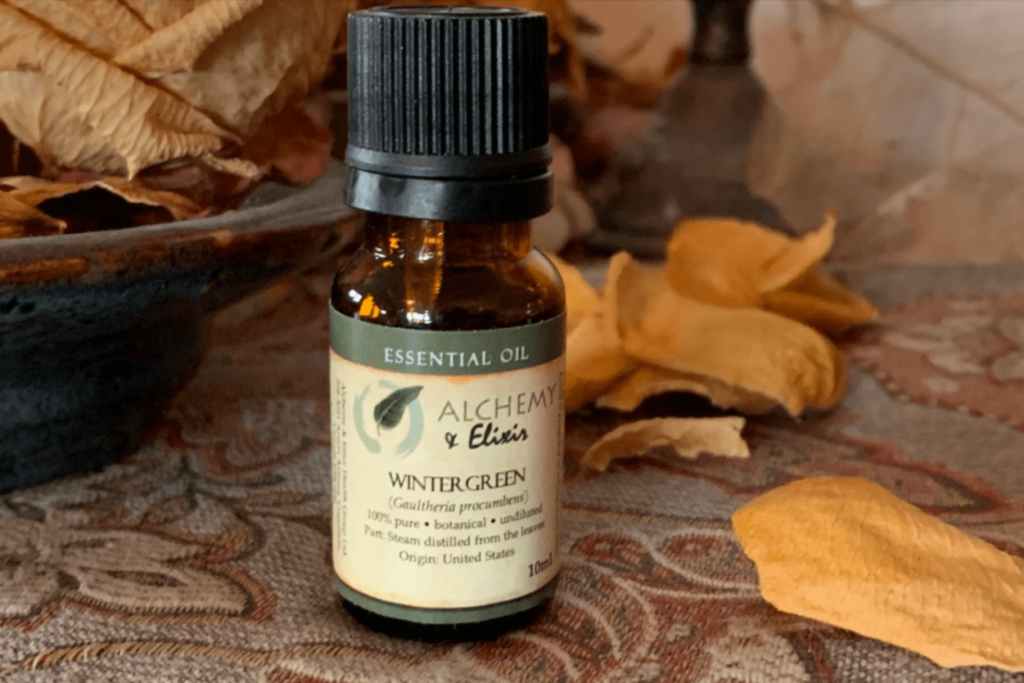Essential Oils for Arthritis: Arthritis affects over 50 million adults and 300,000 children, with treatment typically involving medications and physical therapy. Although these standard treatments are widely recognized for managing arthritis pain and swelling, other options are also available.
Essential oils, which boast vitamins, antioxidants, and anti-inflammatory properties, might help alleviate arthritis-related discomfort and inflammation.
These oils are obtained from a variety of plant sources including fruits, herbs, trees, and flowers. The extraction process involves steaming or pressing parts of the plants, such as leaves, flowers, or bark. Producing a single bottle of essential oil can require several pounds of plant material and multiple ingredients.
This article examines six popular essential oils used for arthritis, offers guidance on their application, and discusses possible side effects.
Types of Essential Oils for Arthritis
There are numerous essential oils, each with distinct aromas, properties, and effects. These oils offer various forms of relief for arthritis, including rheumatoid arthritis (characterized by persistent inflammation of the joint linings) and osteoarthritis (which involves the degeneration of protective cartilage in the joints).
Certain essential oils may provide numbing effects, others may reduce inflammation, some might block pain signals in the brain, and others may function through a combination of these mechanisms. Here are six commonly used essential oils for arthritis, along with the scientific evidence supporting their effectiveness.
Ginger Oil
Ginger has been appreciated for its anti-inflammatory benefits for centuries. Nowadays, people consume ginger in various ways, including capsules, tablets, tea, or by chewing the strongly flavored root.
In one study, individuals who applied ginger oil to their arthritic knees twice a week experienced reduced pain and improved mobility compared to those who did not use the oil.
Eucalyptus Oil
A study investigated the effects of eucalyptus oil on individuals recovering from knee replacement surgery, a frequent procedure for those with osteoarthritis of the knee.
The findings revealed that participants who inhaled eucalyptus oil for 30 minutes over three consecutive days after the surgery experienced less pain compared to those in the control group.
The researchers credited the reduction in pain to the anti-inflammatory properties of eucalyptus oil and its potential to boost serotonin levels, a brain chemical that appears to diminish pain.
Copaiba Oil Blend
Hand arthritis can be especially uncomfortable since the hands are constantly in use.
In a study, one group of participants received hand massages using a blend of copaiba oil (extracted from copaiba trees in Brazil) along with wintergreen, camphor, and peppermint. The other group was massaged with coconut oil.
Both groups underwent treatments twice daily for five days. By the end of the study, the group receiving the copaiba oil blend performed hand tasks more quickly, exhibited greater finger strength, and reported a 50% reduction in pain.
Curcumin
Patients suffering from knee pain due to osteoarthritis who applied an ointment containing 5% curcumin (derived from turmeric) twice daily for six weeks experienced notable pain relief compared to those using a petroleum jelly-based product.
Curcumin works by inhibiting cytokines (proteins released by cells) and enzymes that contribute to inflammation.
Lavender Oil Blend
Lavender, a popular anti-inflammatory herb, is commonly used in candles and bath oils to help alleviate anxiety.
In a study, researchers combined lavender with juniper and cananga oils (from cananga trees native to India), mixed with coconut oil. This blend was massaged onto the knees of individuals with rheumatoid arthritis three times a week.
After six weeks, those receiving this treatment reported reduced pain and fatigue compared to those who did not receive the treatment.
Applying Essential Oils
Essential oils for managing arthritis and joint issues are commonly rubbed onto the skin near the painful areas. Alternatively, some oils are used in aromatherapy, where their aroma is inhaled.
When choosing essential oils, ensure they are completely pure and free from additives such as alcohol. It’s also best to select oils stored in dark bottles to protect them from light-induced deterioration.
Aromatherapy with Essential Oils
There are various methods to experience aromatherapy with essential oils:
- Combine a few drops of essential oil with a tablespoon of vegetable oil or milk and add it to your bath.
- Put a few drops of essential oil on a cotton pad and place it in a plastic bag. Remove the pad and inhale its aroma throughout the day.
- Add 30 to 45 drops of essential oil to a spray bottle filled with 3 ounces of water. Use the spray to refresh your home, office, or even your bed linens.
Using Essential Oils for Massage
To use essential oils for massage, follow these guidelines:
- Select a carrier oil like coconut, avocado, almond, or jojoba oil. This oil acts as a base, diluting the essential oil to prevent skin irritation or burning. Alternatives like olive oil, grapeseed oil, or sunflower oil can also be used.
- Blend 10 to 20 drops of essential oil into about 1 ounce of your chosen carrier oil.
- Apply the mixture to the targeted areas of your skin and massage gently. The oil should be absorbed within 10 to 15 minutes. Reapply the blend every six hours if necessary.
- Do not use essential oils on areas with rashes, open wounds, or skin irritations until they are fully healed, as the oils may worsen these conditions.
Potential Side Effects
The side effects of essential oils can differ based on usage frequency, oil type, and concentration. Some possible side effects include:
- Skin Irritation: This may happen if the oil stays on the skin for too long before it absorbs, though what constitutes “too long” can vary. Oils such as bergamot, lemongrass, and oregano are known to be more likely to cause irritation. Allergic reactions may present as red, itchy rashes or hives (raised, itchy red bumps).
- Increased Sun Sensitivity: Applying certain oils before sun exposure can make you more prone to sunburn.
If your first experience with essential oils is disappointing, don’t be discouraged. Finding the right oil often involves some trial and error.
Takeaway
Essential oils are derived from various plant sources, including fruits, herbs, trees, and flowers. These oils can be beneficial for arthritis due to their anti-inflammatory and pain-relieving properties. Some of the most commonly used essential oils for this purpose include eucalyptus, ginger, curcumin, copaiba, orange, and lavender. They can be applied directly to the skin through massage or used in aromatherapy by inhaling their fragrance.


